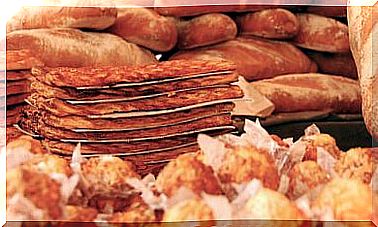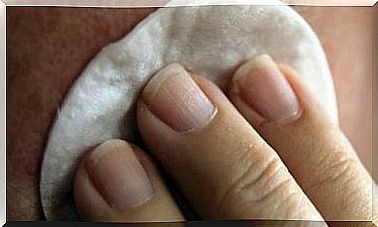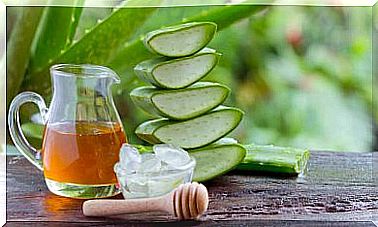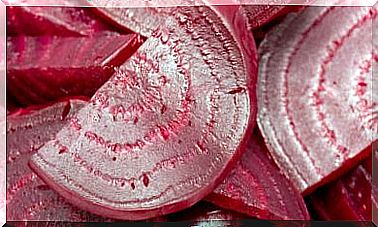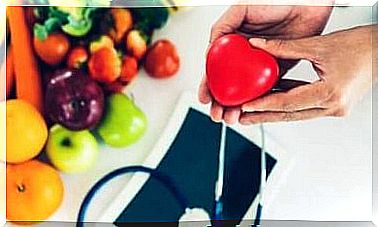Injured Cartilage – Rapid Regeneration
In order to regenerate these structures, it is important to eat a diet high in amino acids, which help absorb calcium and produce collagen to repair damaged tissues.
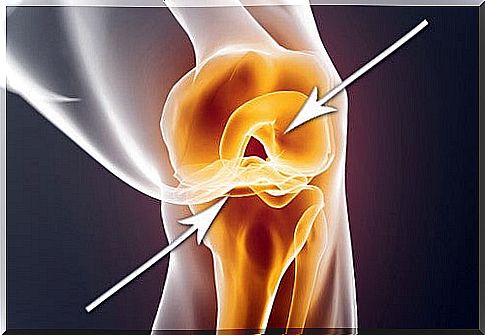
Injured cartilage is one of the most common joint diseases. The discomfort that this causes can be very painful. It has recently been found that eating properly can help cartilage heal faster.
Cartilage is characterized by a very flexible structure that supports various, light parts of the body, such as the auricle, the nose and some joints. There are also some areas that are much more sensitive and can then injure themselves quickly, as is the case with the knee joint.
This cartilage is stressed in all everyday activities and is exposed to heavy loads, especially in athletes. But even in older people, the cartilage can be particularly stressed, which can then be attributed to age-related bone loss.
How do injured cartilage regenerate ?
Osteoarthritis can also damage cartilage in the ankles, knees, wrists, elbows and shoulders. This disease is also very common today. A large number of people over 40 are affected.
The injured cartilage then regenerates through the consumption of certain foods. It is therefore all the more important that we eat a healthy and balanced diet so that the cartilage tissue can be restored quickly.
One of the most important amino acids that are responsible for the rapid regeneration of bone tissue is lysine.
This amino acid helps absorb calcium and also produces new collagen so that new tissue can be created. Lysine also makes our tendons more elastic.
Injured cartilage – study on the active ingredient lysine
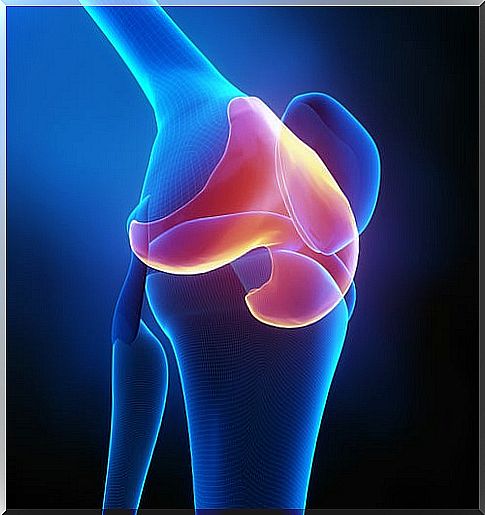
A study from the University of Maryland (UMMC) showed that a lack of lysine can slow the growth of new tissue. Furthermore, the skin cells can change and the regeneration of the damaged cartilage is hindered.
The recommended daily dose of lysine is 12 mg per kilo of body weight. This amount then allows the body to rebuild damaged cartilage. The following foods contain a large amount of lysine:
- legumes
- cod
- Red meat
- beer
- Eggs
- soy
- cheese
- Dried fruits
- Brewer’s yeast
- gelatin
Also Vitamin C is very important for the immune system to strengthen our body and to enable the production of new cartilage.
Vitamin C supports various functions and contributes, among other things, to supplying the blood with oxygen and transporting it to all arteries. In this way, the injured areas are also supplied with sufficient oxygen and they can heal better.
A great lack of vitamin C can slow wound healing. The human body needs a daily dose of 75 mg in order to maintain various functions. Foods high in vitamin C are:
- kiwi
- orange
- Strawberries
- lemon
- Other fruits

